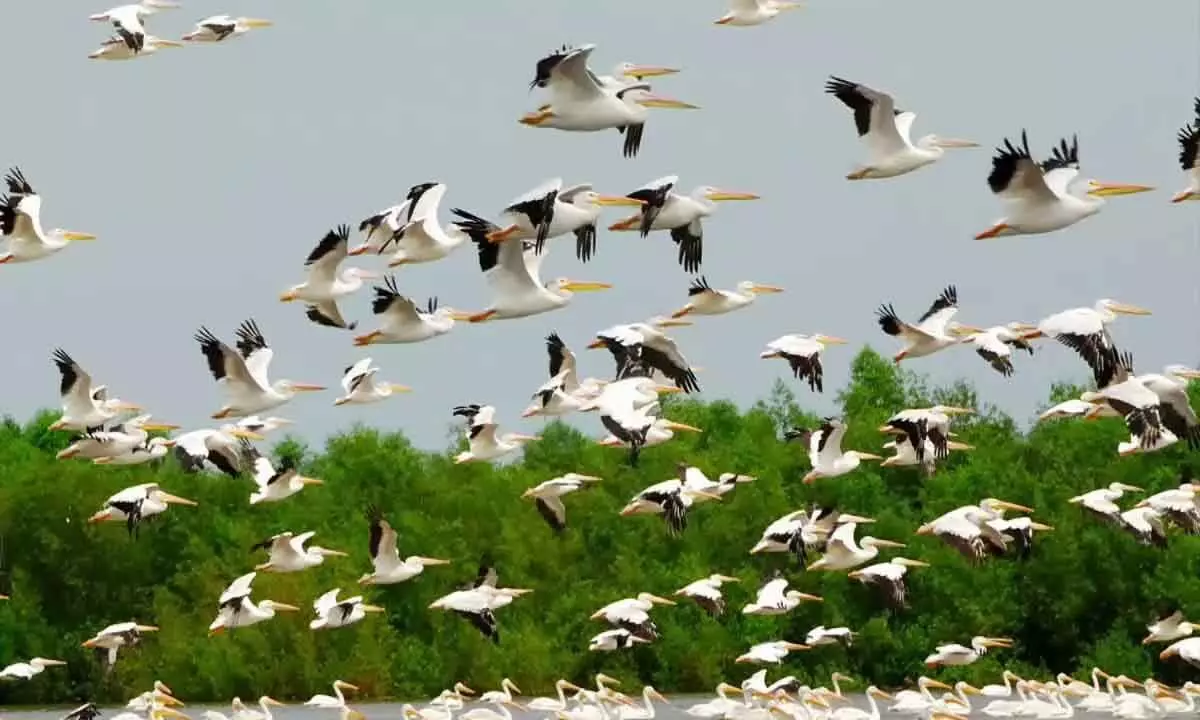Live
- ‘We can’t take things for granted’: Jayasuriya on balancing formats and Sri Lanka’s path to WTC final
- Prakash Ambedkar ready to 'power' the winner in Maha polls - Mahayuti or MVA
- BJP plans campaign against Cong govt
- Be lifelines to public & render best, cops told
- Siri 2.0: Apple's Advanced AI Assistant to Be Released in 2026
- Senegal ruling party wins parliamentary majority: Provisional results
- BJP flags plight of primary school
- Sensex surges 855 pts despite geo-political tensions, PSU bank stocks shine
- ED likely to question some Dubai-based Indians in Bengal ration scam case
- Minor quake hits Manipur's Bishnupur district









